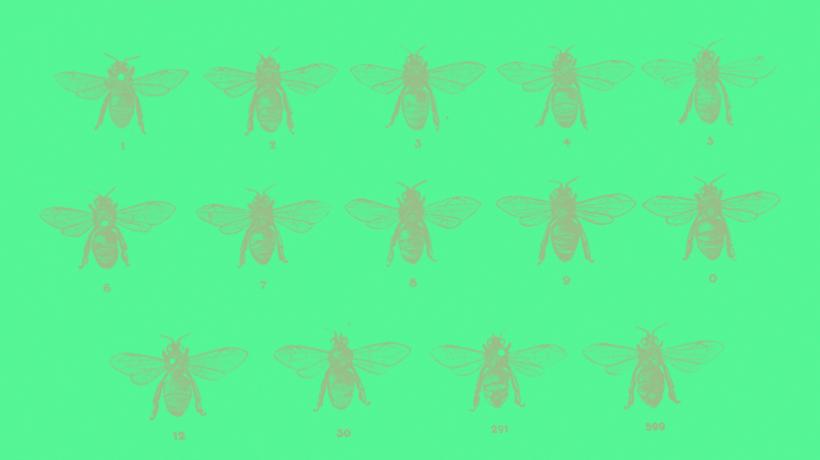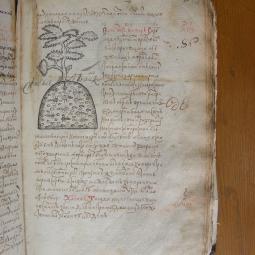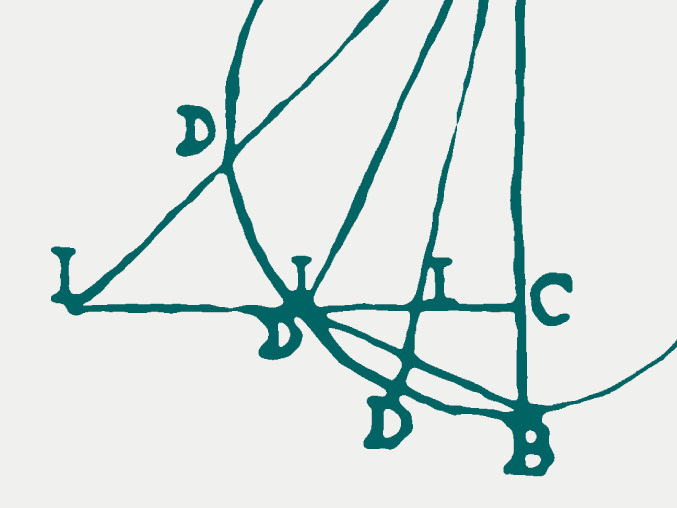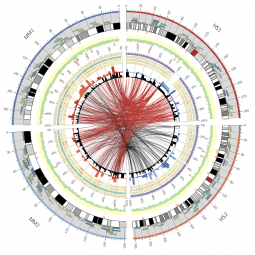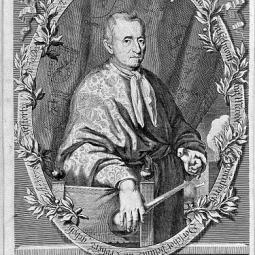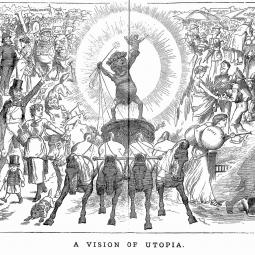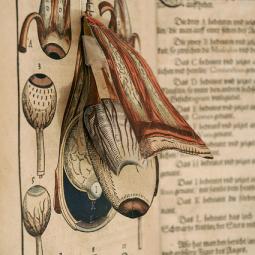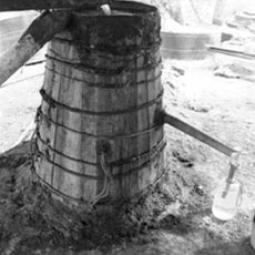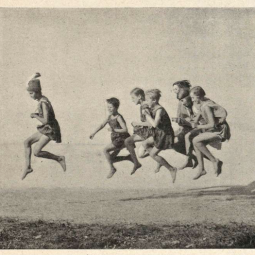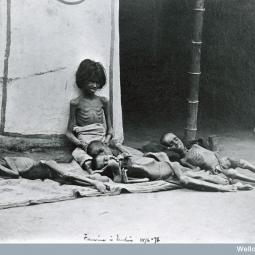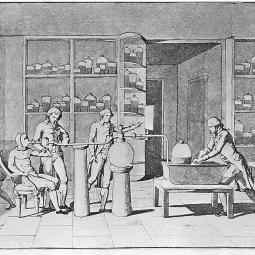The Institute’s research projects span all eras of human history, as well as all cultures north, south, east, and west. The Institute’s projects canvass an array of scientific areas, ranging from the origins of continuity systems in Mesopotamia to present-day neuroscience, Renaissance natural history, and the origins of quantum mechanics.
The Institute's researchers explore the changing meaning of fundamental scientific concepts (for example number, force, heredity, space) as well as how cultural developments shape fundamental scientific practices (for example argument, proof, experiment, classification). They examine how bodies of knowledge originally devised to address specific local problems became universalized.
The work of the Institute's scholars forms the basis of a theoretically oriented history of science which considers scientific thinking from a variety of methodological and interdisciplinary perspectives. The Institute draws on the reflective potential of the history of science to address current challenges in scientific scholarship.

